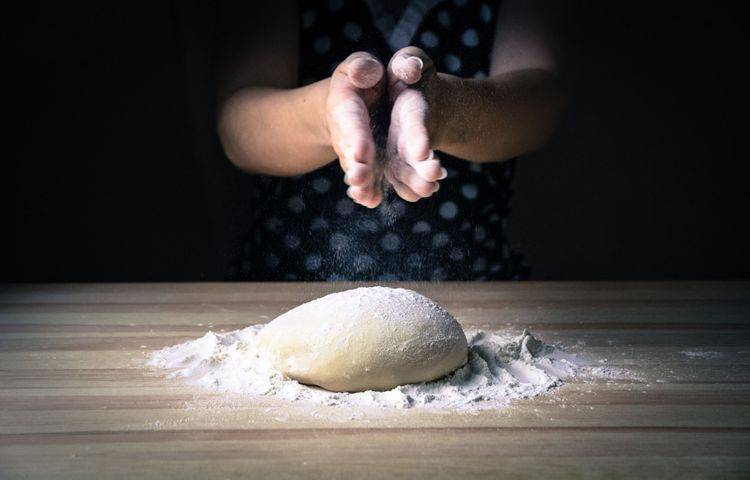We often say that each failure makes us stronger. It makes, but I think it's only a half-truth. In the same manner, we can say that rocks on the sea coast are getting stronger and stronger with each surge. But apparently, they aren't. With passing days coastline is eroding more and more. So why does everyone constantly feel obligated to repeat that superficial life advice?
Facing difficulties is a harsh experience. Sometimes we fail due to our own inability, sometimes we just weren't able to win. To trick us even more, in some places there are no linear cause-effect relationships, and some amount of failing is calculated in the equation. So failing or succeeding is enslaved by the stochastic reality. That's why the casino "always" wins and your insurance company will eventually be in the black.
Working hard and thus surviving severe hardships creates an appealing vision on which we can easily build our own image. In our society, there is a phenomenon called "hard-work ethos". So the situation may unfold as alike:
I failed at something, it's unpleasant, hard to stand. But hey, at least it made me stronger. Everyone knows that situations like this are fertilizer for growth, aren't they? I just need to keep trying and it will be fine.
But the bitter truth is, it won't be. There is a popular adage that one can have 10 years of experience which may consist of 1 year repeated 10 times. Or if you prefer classic quotes: The definition of insanity is doing the same thing over and over again and expecting a different result.
So we have already discussed a few things which don't work. That's a good start. But it doesn't provide us any guidance on what actually we SHOULD do.
I always try to picture failure as a present. But not that kind, which gives you short and instant pleasure. Not the type, which you will be bored with after 5 minutes of playing. What I mean, is rather a gym membership card, which your wife has bought you on New Year's Eve. Will you unpack that present or just put it off for the "better times"?
Gathering experiences and knowledge is foundational, but not sufficient to thrive in a practical sense. If it were, everyone with access to Wikipedia, or everyone who struggled several times would be inclined to succeed. The recipe would be straightforward. Just keep failing as soon as possible and then you will be good. So we could say that each startup founder who failed several times, each investor who lost all his money a few times, and each child who always "gets in trouble" are on the track to success. But they are not.
So, the cycle usually looks like this:

And I think that the missing secret ingredient here is a reflection. The process in which we digest a new knowledge or experience, and then decide if we can make any use of it. This is the way, we can "unpack" the present that the failure gives us, using our gym membership card to make ourselves stronger.

But... how to reflect well? That's the material for the another reflection.
*The improvement cycle metaphore heavily inspired on Ray Dalio's 5 step process https://www.principles.com/principles/689e0214-1e50-4ca0-a5d2-5e223599badf/



